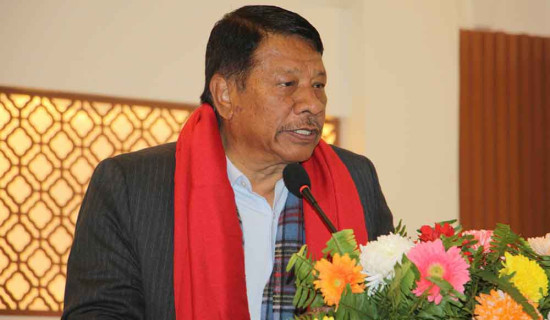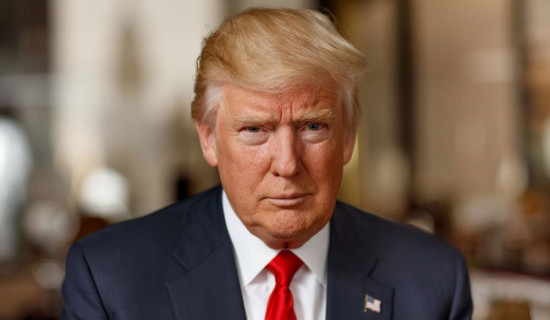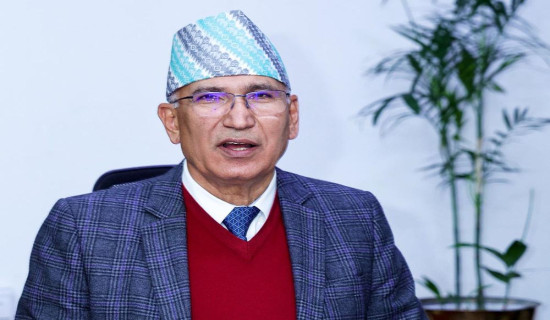- Saturday, 11 January 2025
Greece legalises same-sex marriage
Athens, Feb. 17: Greece has become the first majority-Orthodox Christian nation to legalize same-sex marriage under civil law. At least for the near future, it will almost certainly be the only one.
Eastern Orthodox leadership, despite lacking a single doctrinal authority like a pope, has been united in opposing recognition of same-sex relationships both within its own rites and in the civil realm. Public opinion in majority Orthodox countries has mostly been opposed, too.
But there are some signs of change. Two small majority-Orthodox countries, Montenegro and Cyprus, have authorized same-sex unions in recent years, as did Greece in 2015 before upgrading to this week’s approval of full marital status.
Civil unions may become more common among Orthodox countries gravitating toward the European Union. They remain off the table in Russia, which has cracked down on LGBTQ+ expression, and countries in its orbit.
Following is a summary of church positions and public opinion in the Orthodox world, followed by the situation in individual majority-Orthodox lands.
Eastern Orthodoxy is a socially conservative, ancient church with elaborate rituals and a strict hierarchy. Churches are mostly organized along national lines, with multiple independent churches that share ancient doctrine and practices and that both cooperate and squabble.
Roughly 200 million Eastern Orthodox live primarily in Eastern Europe and neighbouring Asian lands, with about half that total in Russia, while smaller numbers live across the world. Like other international church bodies, Orthodoxy has confronted calls for LGBTQ+ inclusion.
A 2016 statement by a council of most Orthodox churches called marriage between a man and a woman “the oldest institution of divine law” and said members were forbidden from entering same-sex unions.
In countries where they are a majority, Orthodox believers overwhelmingly said society should not accept homosexuality or approve same-sex marriage, according to surveys conducted in 2015 and 2016 by the Pew Research Centre, a Washington-based think tank.
Greek Orthodox showed relative tolerance, with half of Orthodox saying homosexuality should be accepted and a quarter favouring same-sex marriage. In more recent polls, Greeks overall narrowly supported the marriage law.
The Greek law validates marriage in the civil realm but doesn't require any church to perform such rites.
Nevertheless, Greece’s Orthodox leadership unanimously opposed the law in January, saying the “duality of genders and their complementarity are not social inventions but originate from God.”
Greek Prime Minister Kyriakos Mitsotakis acknowledged the church’s position but said, “We are discussing the decisions of the Greek state, unrelated to theological beliefs.”
Civil unions may be in some Orthodox countries’ near future, said George Demacopoulos, director of the Orthodox Christian Studies Centre at Fordham University in New York.




-square-thumb.jpg)
-square-thumb.jpg)

-square-thumb.jpg)









